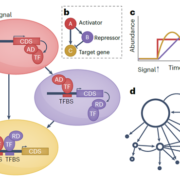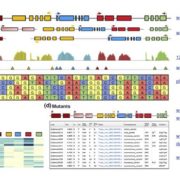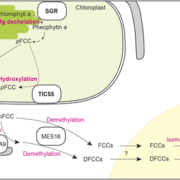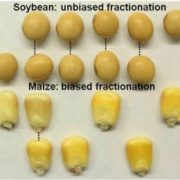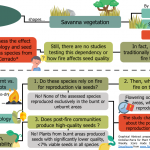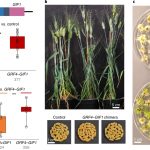Highly efficient DNA-free plant genome editing using virally delivered CRISPR–Cas9 (Nature Plants)
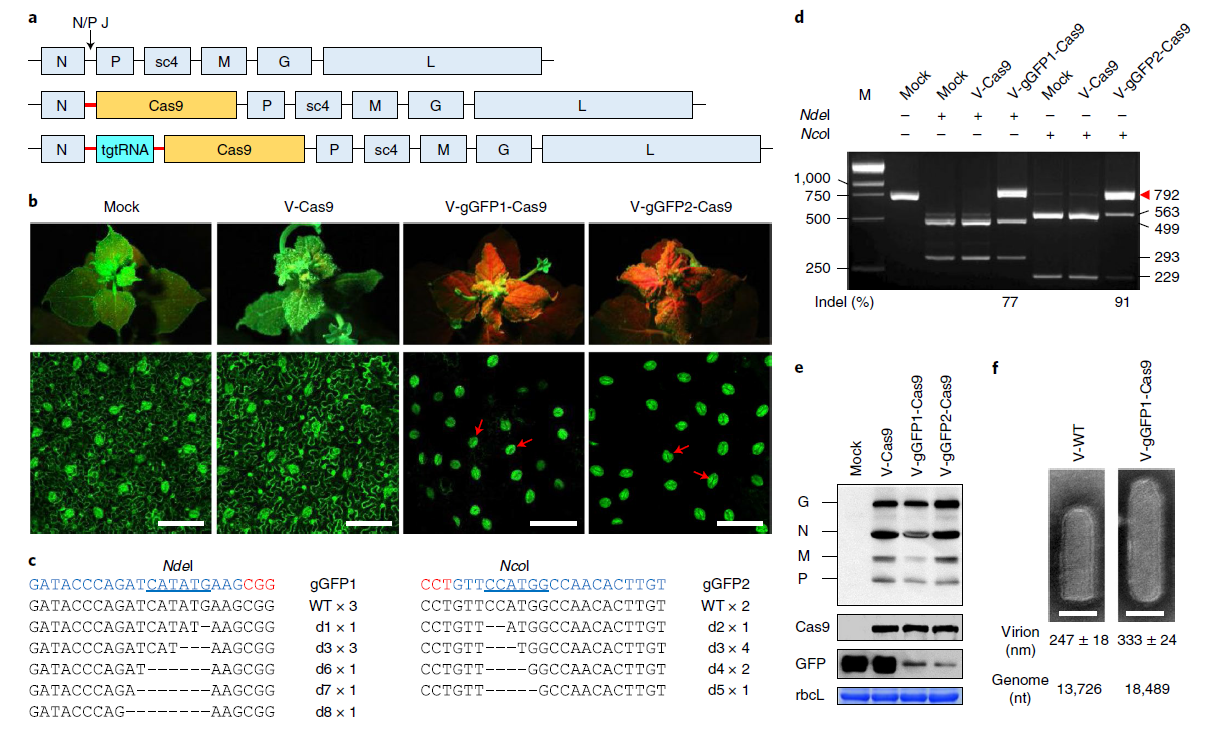
CRISPR-Cas is a revolutionary technology that has taken the science of genetic manipulation to higher levels by leaps and bounds. In spite of the ease with which it is used for genome editing, the present delivery methods are not without shortcomings; undesirable effects on non-target regions and possible damage to the genome must be addressed. Direct delivery of genetic information that is free of DNA is one way to overcome many of these shortcomings. Rhabdoviruses are negative strand RNA viruses (-ssRNA viruses) that have shown promise for mammalian genome editing. Here the authors inserted Streptococcus pyogenes Cas9 and gRNA sequences into the sonchus yellow net rhabdovirus genome, and the infected plants contained the mutations that were specifically targeted. The effect on parts of the genome that were not targeted was minimal. One of the possible limitations of this technique is the host range specificity of the virus. (Summary by Arun K. Shanker @arunshanker) Nature Plants http://dx.doi.org/10.1038/s41477-020-0704-5




